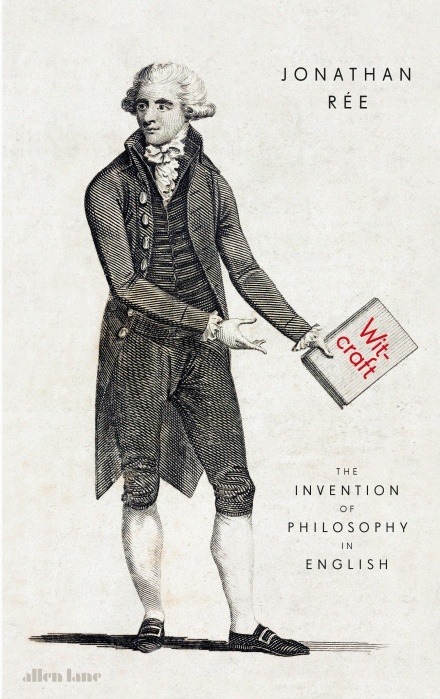
This article is a preview from the Autumn 2019 edition of New Humanist
Witcraft: The Invention of Philosophy in English (Allen Lane) by Jonathan Rée
Wouldn’t life be easier, the philosopher Ludwig Wittgenstein wondered, if some people looked like cats, or fish, and others like elephants? It would, he thought, shake the complacent assumption that understanding one another is going to be an easy business. This wonderful speculation is one of many to be found in Jonathan Rée’s fascinating history of how philosophy entered and developed within the English language. Witcraft, Rée’s suggestive title, takes its name from one of the first books on logic and reasoning, published in English in 1573. Rée leads us from these early days of English-language philosophy all the way to the major movements of the mid-20th century. The book is organised via 50-year jumps forward: we go from 1601 to 1651, then on to 1701, and so on. But this is no Whiggish history of inevitable philosophical progress. Quite the opposite: Rée uses the creative format to open up new perspectives and to remind us that the “reality of the past was once a myriad of possible futures”.
The bulk of the story Rée tells takes place in England and Scotland but he also describes philosophy as it develops in the United States. We encounter now famous philosophers like John Stuart Mill alongside other figures now largely forgotten. I loved the pages on Marian Evans, better known as George Eliot: familiar to readers as a great novelist but far less known for her contributions to philosophy. There are also wonderful descriptions of intellectual life in Edinburgh. And the account of American philosopher William James agonising over what to say about religion is a real highlight. Ideas travel easily and Rée’s narrative shows English-language philosophy in its wider European context: utterly transformed by thinkers from abroad such as Descartes and Kant whose works are read and translated into English. Rée’s focus on the English-language life of these thinkers shows them from a new angle: we learn about Sir Kenelm Digby, an early adopter and advocate of Descartes’s ideas. He cared about Descartes’s distinction between body and soul because he wanted to be reunited with the love of his life who had died tragically young.
Descartes believed in the soul but was also a key figure in bringing mathematical and mechanical explanation into philosophy. He helped liberate European philosophy, as Rée writes, “from the tyranny of tradition”. David Hume, one of the greatest English-language philosophers, claims that the application of these scientific methods to humans themselves is the mark of English philosophy. That’s fair enough, Rée says, so long as one remembers that English-language philosophy is created and written by many people who are not actually English. Hume himself is a Scot.
Rée says at the outset that all histories have agendas and no doubt one of his is to show how inextricably linked English-language and wider European philosophy are. But it’s a credit to him that his tone is never dogmatic. He offers a history of ideas that is about history and not just ideas. We get a sense of the excitement of philosophical conversation in its social context. Perhaps philosophy cannot ever transcend its time and place: that’s a deep question. But Rée makes very clear that, even if ideas must be understood in their social context, that does not mean that philosophy cannot liberate you from what Mary Astell, in the 1690s, calls “that Tyrant Custom”.
Rée, in fact, has an almost old-fashioned belief in the power of philosophy to set you free. There’s a warm portrait of Scottish-American philosopher Thomas Davidson, who knew that “a philosophical education could transform a forlorn cultural outcast into a cosmopolitan free spirit”. The book is also very traditional, however, in scarcely addressing concerns about endemic racism and sexism in philosophy. We learn very little, for instance, about the extent of women’s exclusion from participation.
Rée’s book is written with the general reader in mind but it isn’t always easy. I suspect that some will get lost during the more technical explanations of 20th-century philosophy. But it’s an important contribution to the understanding of the history of thought. And for many it will whet their appetite to learn more about those odd fish known as philosophers.

